How to create the perfect office, according to science
Jungle sounds? Chia pets? This is getting out of hand.

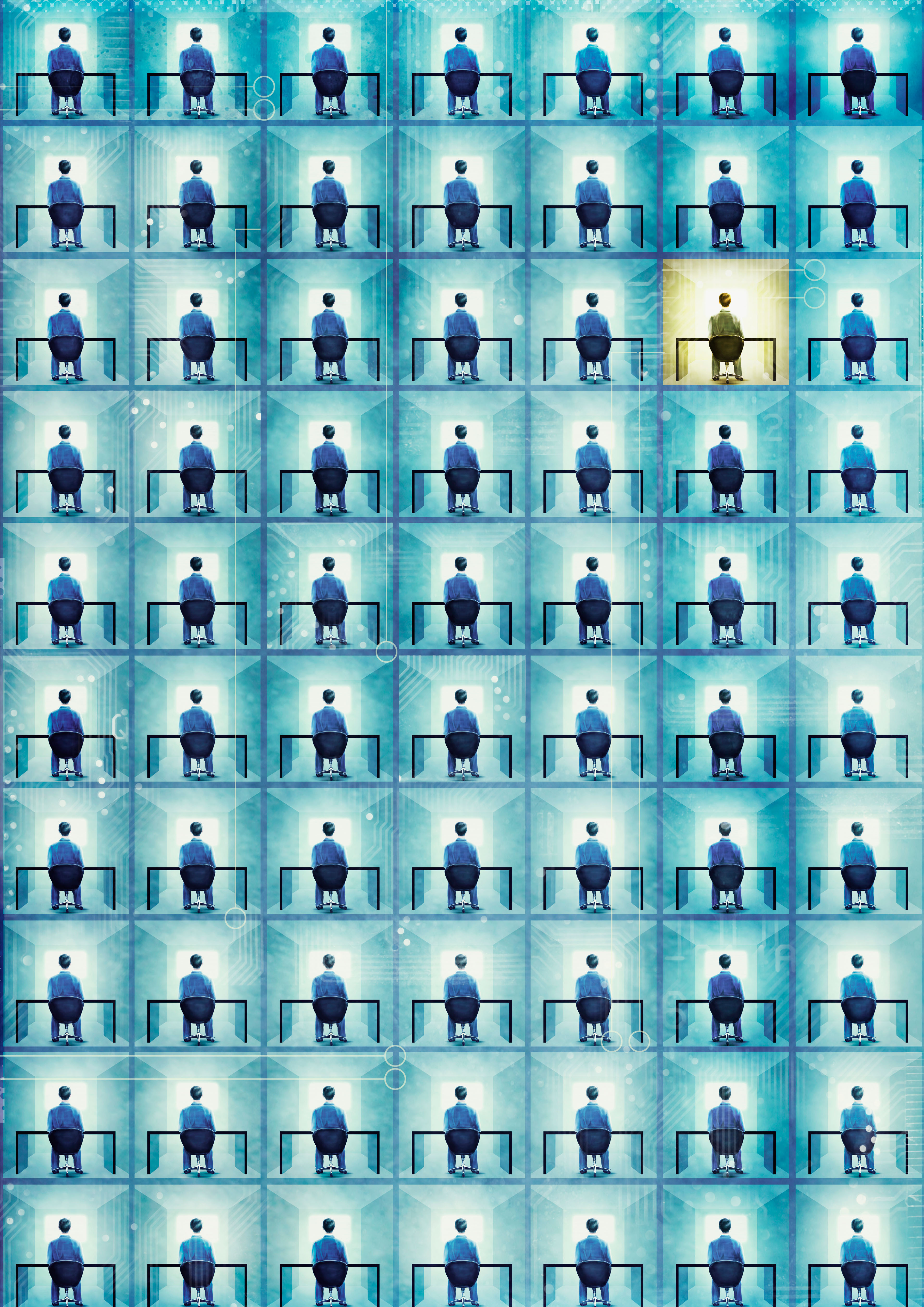
A free daily email with the biggest news stories of the day – and the best features from TheWeek.com
You are now subscribed
Your newsletter sign-up was successful
Could a chia pet make you happier at work? How about a nature soundtrack? Maybe slapping some pictures of flowers on the wall?
Everyone seems to have an opinion about how to make your office more bearable. Indeed, it often seems like every week, a new scientific study is telling us the latest, greatest way to make our workspaces more conducive to human occupation and productivity.
The modern office setting has been blamed for a lot of maladies: depression, anxiety, hypertension, digestive complaints, lower back pain, sleep disorders, and on and on. Experts used to believe all these afflictions could be attributed to bad management practices and high stress levels, but in recent years, scientists have turned their attention to the actual work environment. They've investigated everything from office design to lighting, sound to workstations, and pretty much all the tangible elements of the office habitat.
The Week
Escape your echo chamber. Get the facts behind the news, plus analysis from multiple perspectives.

Sign up for The Week's Free Newsletters
From our morning news briefing to a weekly Good News Newsletter, get the best of The Week delivered directly to your inbox.
From our morning news briefing to a weekly Good News Newsletter, get the best of The Week delivered directly to your inbox.
If all these studies are to be believed, implementing small changes to the office environment can make you more productive, less stressed, more energetic, more compassionate, and maybe, if you apply them all just right, will endow you with co-working superpowers.
Simply follow these steps:
First, bring the outside in — even if it's that chia pet. A recent study about office greenery says exposure to nature can upgrade your attitude, especially if you and that desk plant are also basking in natural sunlight, so inch your desk closer to the window. What's that? Your office doesn't have any windows? You're in luck: Pictures count, too. Ask your manager if it's okay to replace those inspirational posters that line the conference room walls with soothing images of forests, lagoons, and flowers. If she asks why, tell her it's science.
And while you're at it, crank up the jungle soundtrack! Forget about peaceful silence to encourage calm in your cubicle. It doesn't work. It's the sounds of nature that slow the pulse, relax muscle tension, and lower stress levels.
A free daily email with the biggest news stories of the day – and the best features from TheWeek.com
Now that you're totally chill, jack up the heat. Numbers don't lie, y'all. One study found that setting the thermostat higher made workers 150 percent — yes, one and a half times — more productive and reduced the number of errors they made by 44 percent.
Also, get sloppy. According to the latest research, the life-changing magic of tidying up does not apply in the workplace. A messy desk can promote creative thinking and foster new ideas (if not a few germs), so go ahead, hoard a little. No need to throw away the packaging left over from yesterday's lunch order. Your mess is for the betterment of the entire staff. In fact, try to collect enough leftover Tupperware to build a makeshift barrier around your desk. After all, we now have plenty of evidence to prove what we probably already knew: Open office layouts cause job satisfaction to suffer and productivity to plummet.
And perhaps consider bringing your shiba inu to the office. Researchers have found that employees who brought a dog to work exhibited less stress and greater job satisfaction. Not sure how the barking works with stress reduction, but maybe it will blend in with the jungle soundtrack.
Don't sit — anywhere. In fact, ban the chairs! You've probably already heard about the life-extending benefits of the stand-up desk, but now they say we shouldn't sit in a conference room, either. Time to institute the walking meeting. The benefits of a walkabout confab include reducing pain and boosting both productivity and creativity.
Finally, become a clock-watcher. A study of the habits of productive workers found that those who produced most consistently were task-oriented for 52 minutes and then took 17-minute breaks. Set the timer, because that's way too much math.
And now, you've achieved office nirvana. You have walls, a soundtrack, natural lighting and greenery, a dog, the magically correct thermostat setting. You stand, you walk, you break 17 minutes for every 52 you work.
If all of this sounds a bit too overwhelming, there's one more option that scientists say is the quickest, most efficient way to increase your job satisfaction and your productivity: Just work from home.
-
 Political cartoons for February 16
Political cartoons for February 16Cartoons Monday’s political cartoons include President's Day, a valentine from the Epstein files, and more
-
 Regent Hong Kong: a tranquil haven with a prime waterfront spot
Regent Hong Kong: a tranquil haven with a prime waterfront spotThe Week Recommends The trendy hotel recently underwent an extensive two-year revamp
-
 The problem with diagnosing profound autism
The problem with diagnosing profound autismThe Explainer Experts are reconsidering the idea of autism as a spectrum, which could impact diagnoses and policy making for the condition
-
 Are zoos ethical?
Are zoos ethical?The Explainer Examining the pros and cons of supporting these controversial institutions
-
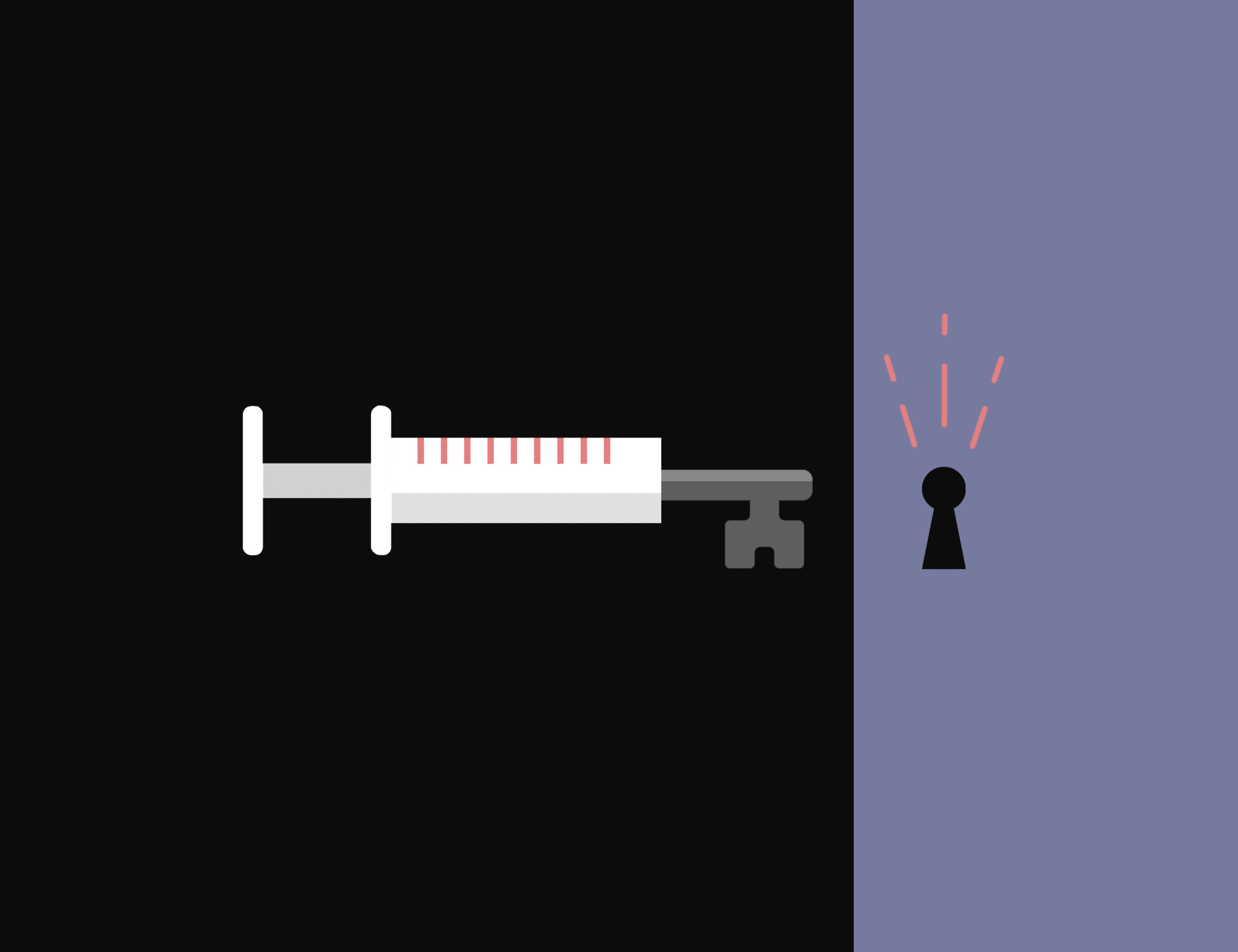 Will COVID-19 wind up saving lives?
Will COVID-19 wind up saving lives?The Explainer By spurring vaccine development, the pandemic is one crisis that hasn’t gone to waste
-
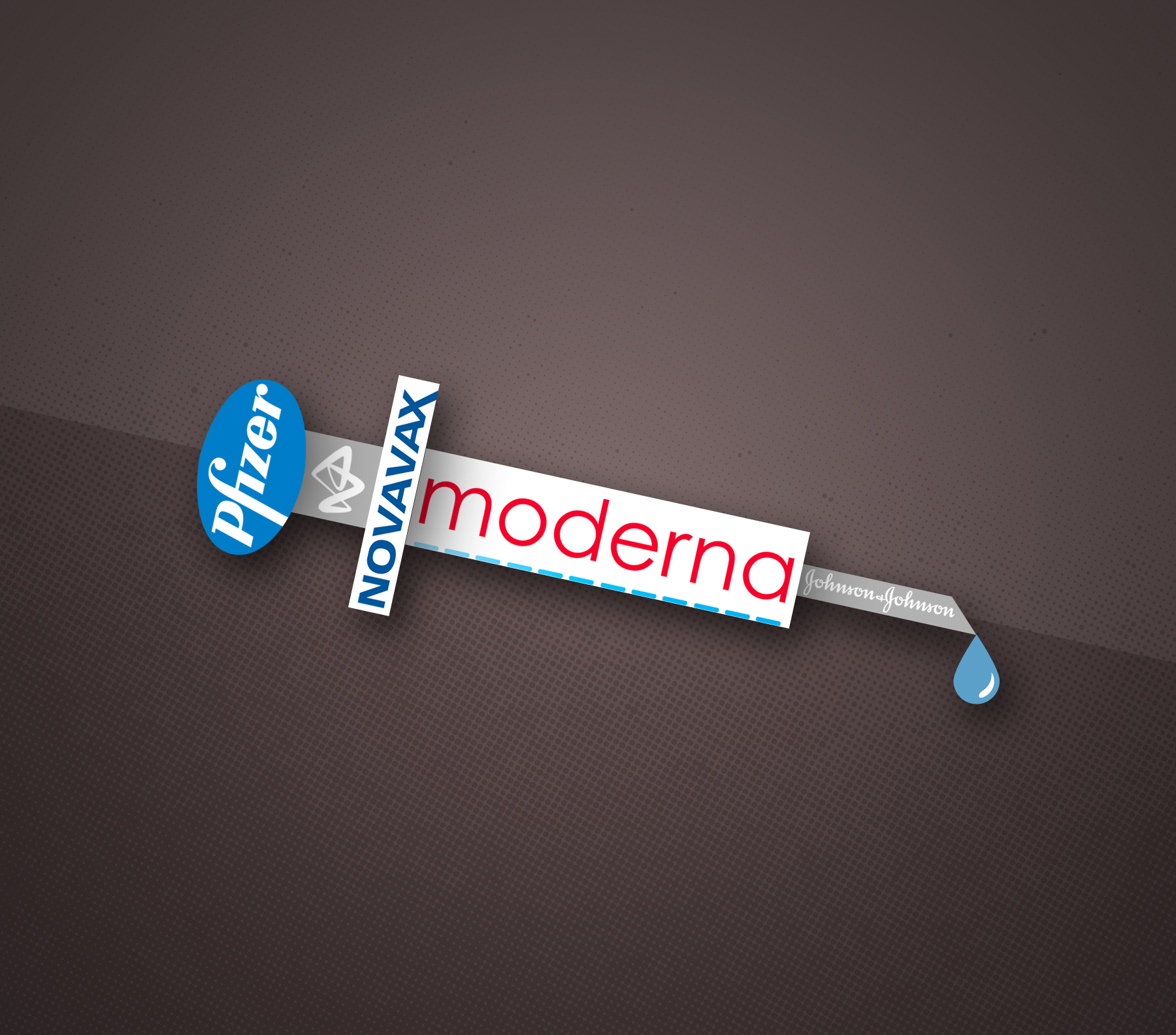 Coronavirus vaccine guide: Everything you need to know so far
Coronavirus vaccine guide: Everything you need to know so farThe Explainer Effectiveness, doses, variants, and methods — explained
-
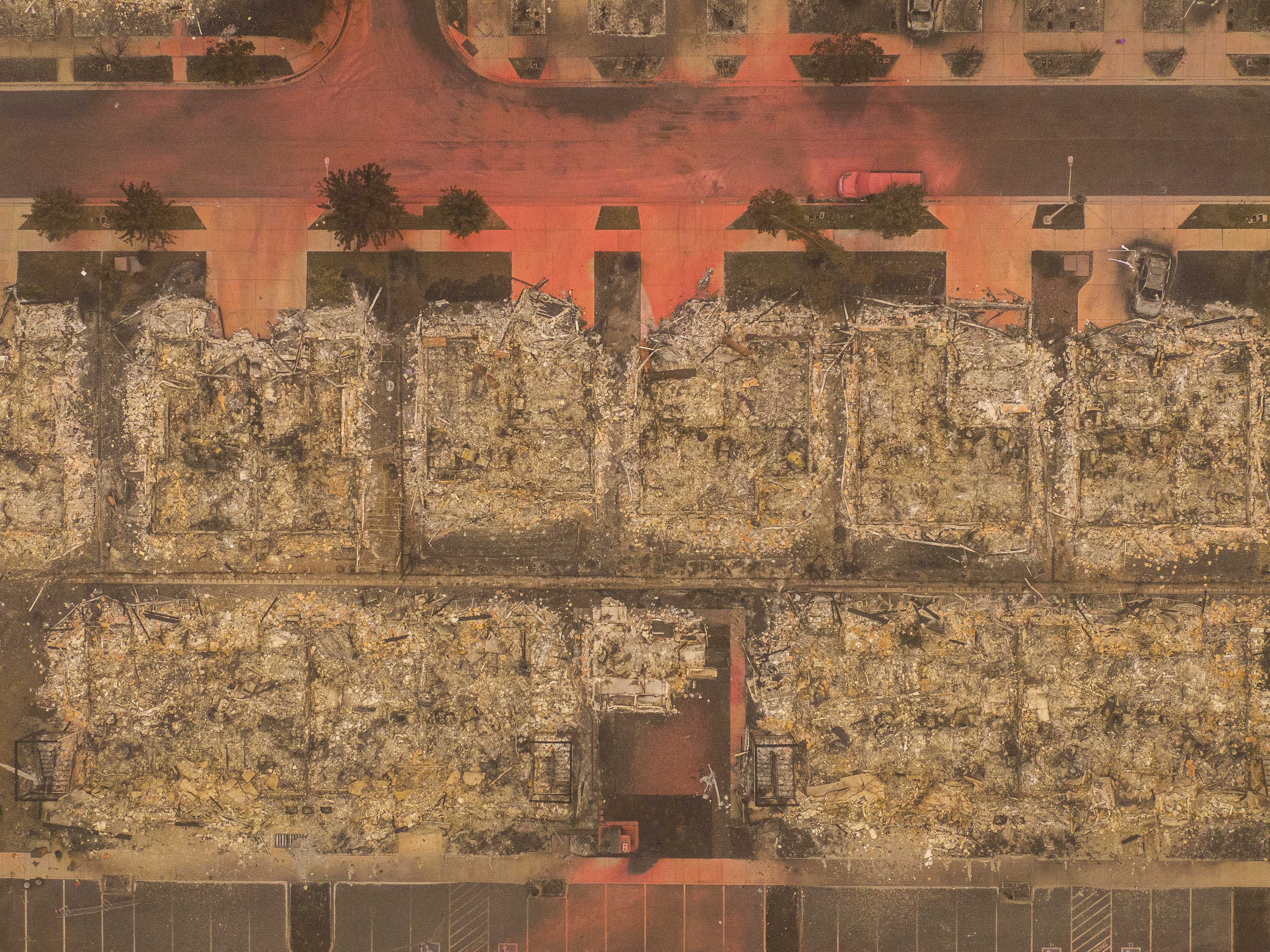 The climate refugees are here. They're Americans.
The climate refugees are here. They're Americans.The Explainer Wildfires are forcing people from their homes in droves. Where will they go now?
-
 Coronavirus' looming psychological crisis
Coronavirus' looming psychological crisisThe Explainer On the coming epidemic of despair
-
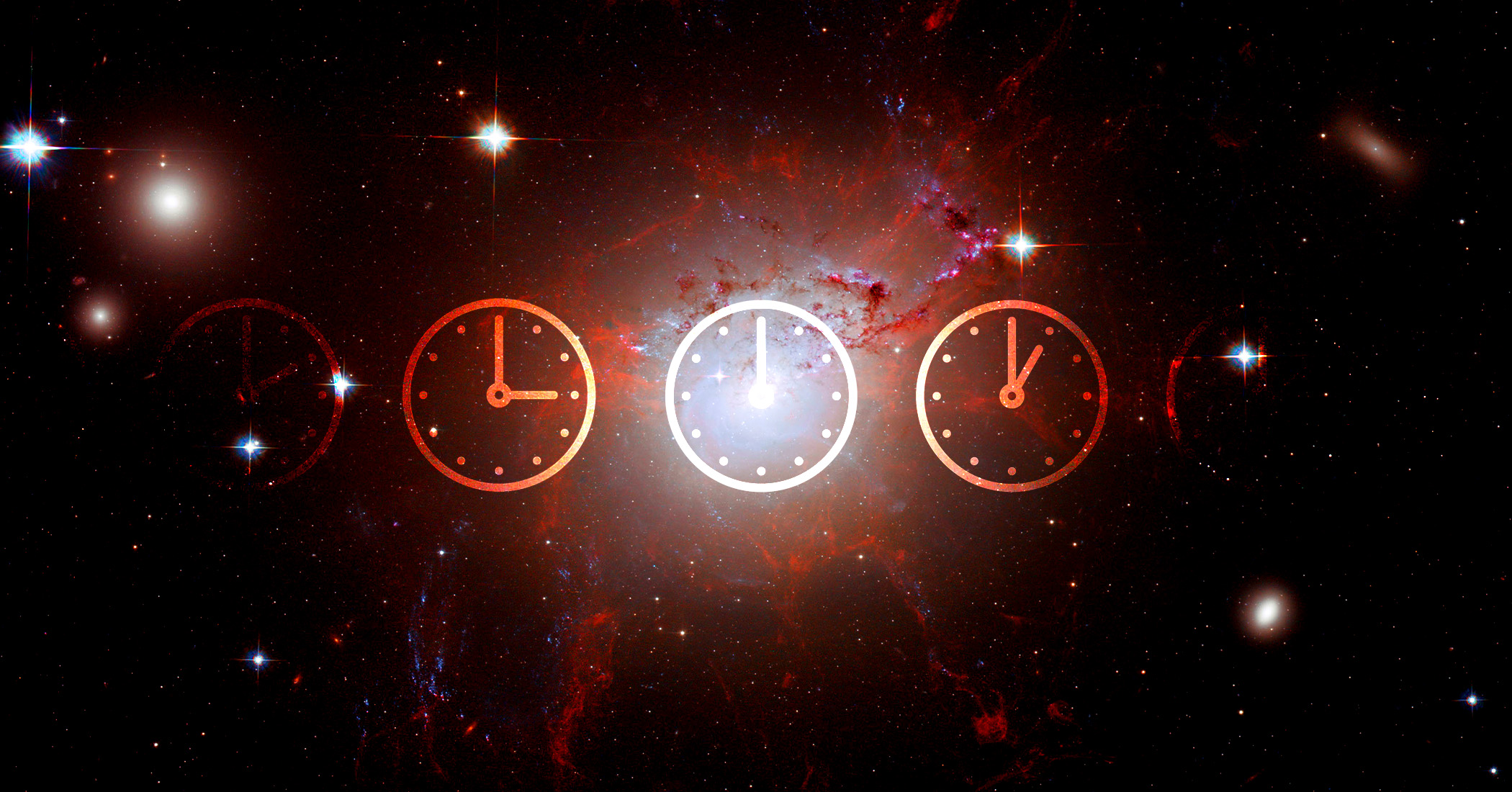 The growing crisis in cosmology
The growing crisis in cosmologyThe Explainer Unexplained discrepancies are appearing in measurements of how rapidly the universe is expanding
-
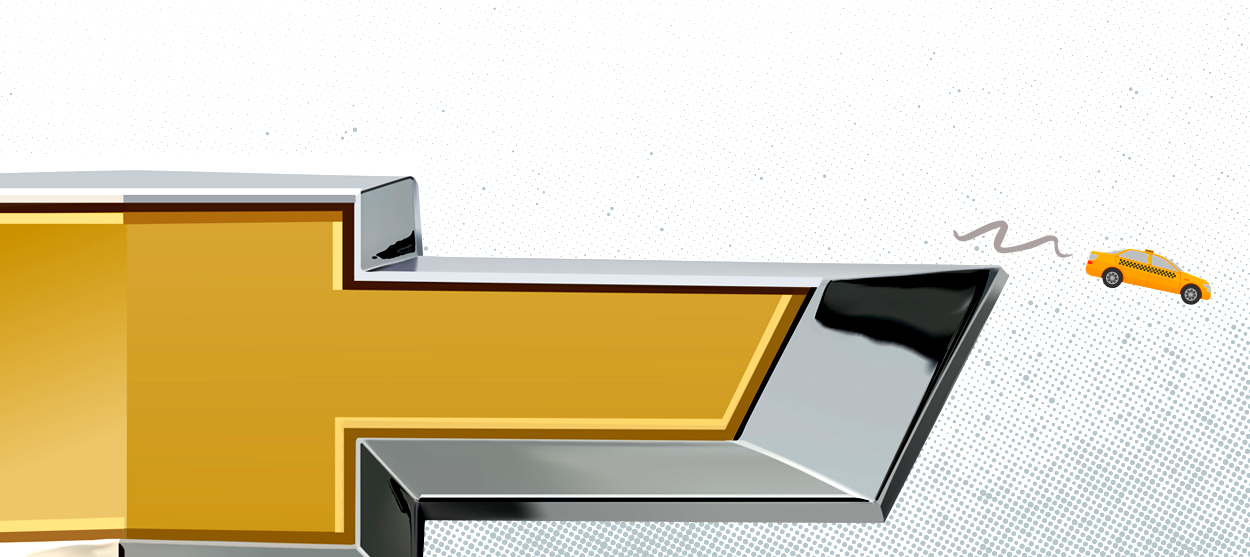 What if the car of the future isn't a car at all?
What if the car of the future isn't a car at all?The Explainer The many problems with GM's Cruise autonomous vehicle announcement
-
 The threat of killer asteroids
The threat of killer asteroidsThe Explainer Everything you need to know about asteroids hitting Earth and wiping out humanity
